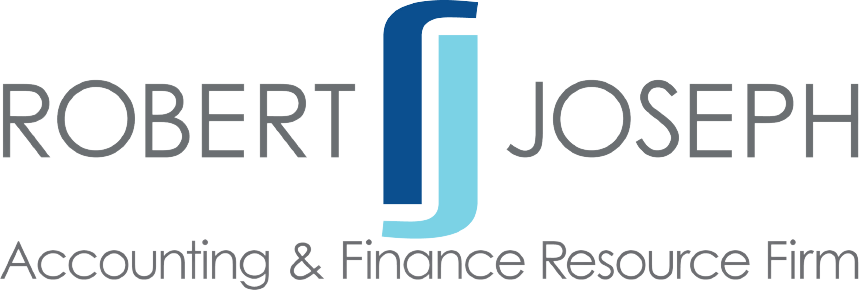Meeting the Hiring Trends of 2022

According to an August CNBC article by Jeff Cox, the number of available jobs outpaced the number of unemployed American workers by about one million. Unfortunately, this means the financial sector faces hiring, retention, and employee burnout (from understaffing) issues, as well as inadequate expertise for finance and accounting. Reports also indicate that professional and business services, insurance, and financial sectors experienced 20-year highs in employee quits in April 2021. These issues have spurred the following trends as we march into 2022.
Flexibility:
Retaining current staff and attracting additional talent rests heavily on companies embracing remote and hybrid work. Note that remote work doesn’t necessarily indicate working from the “home” office but rather a work-from-anywhere philosophy. In addition, of course, specific steps must be taken regarding cyber-security and confidentiality, but trust is vital.
Diversity and Inclusion:
It is past time to walk the talk. Companies that follow this hot-topic trend, prioritize it, and take specific steps to ensure it happens will jump ahead in the hiring/retaining battle. Not only does true DEI create an attractive brand, but companies who have embraced it have also experienced positive increases in productivity, cohesiveness, innovation, retention, and revenue.
Digital Transformation:
Streamlining your business not only saves time and money but also enables your talent to be more productive in less time. With the shortage of staff, this can be a crucial factor. But that’s not all –digital transformation benefits also include customer and staff retention, enhanced brand reputation, and more creative and innovative culture. Companies actively pursuing digital transformation also claim that it inspires better decision-making at the C-suite and middle management levels.
Adapting Hiring Strategies and Requirements:
Companies are taking a more extended look at young talent instead of limiting hires to CPAs and other financial credentials. Graduates who have not taken CPA or other exams still have their degrees. Hiring early-career professionals and training them in-house to be future leaders by adding the opportunity for assistance with testing and career growth can bring a high ROI for companies struggling to compete for talent. Furthermore, GenZ, the current graduates, have grown up with technology in their hands. They offer tremendous support and knowledge regarding digital transformation.
Increasing Salaries, Benefits, and . . .
You can be sure that other companies are reaching out to your top talent. Ensure that your culture, salary, benefits, and growth opportunities are talent magnets. Take time to know your employees. What are their dreams, motivators, preferred challenges, and career goals? How can you accommodate them? Be very intentional. This may seem time-consuming and costly, but high turnover and a constant hiring process are more time-consuming and costly.
Evaluate how your company can maximize flexibility, DEI, digital transformation, and cultural attraction. Adapt your hiring strategies and salary/benefits packages to the current demands. Finance companies must be intentional concerning these changes, but doing so will bring positive results.
The Robert Joseph Group, a boutique finance and accounting resource firm, comprises industry professionals with deep industry knowledge and valuable contacts. As former practicing CPAs, we understand the industry and ensure our clients connect with the upper echelon of talent. Contact us today and move forward with your hiring results.
